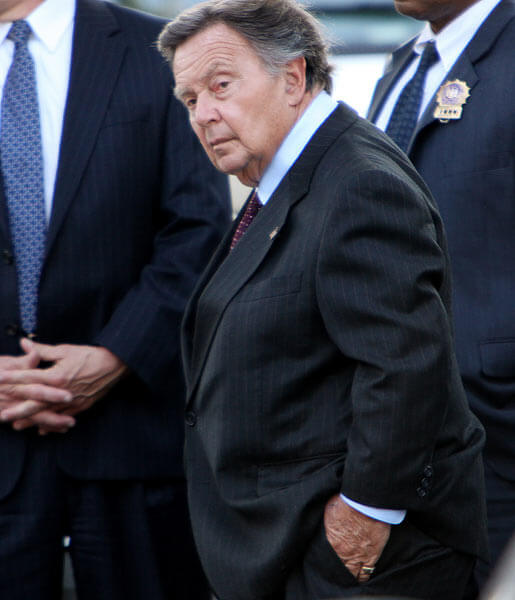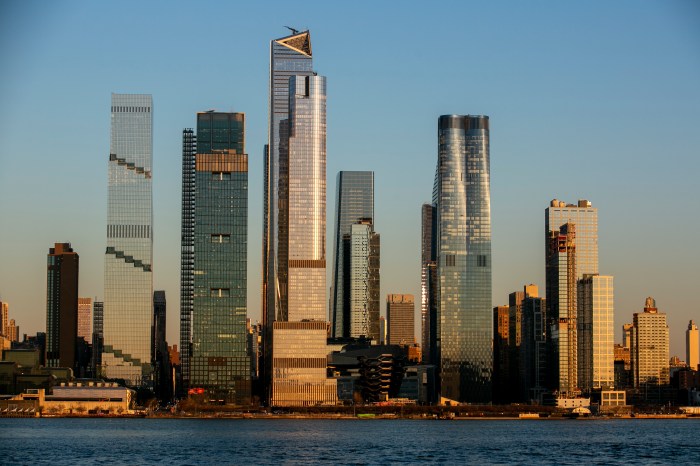By Joe Anuta
Queens District Attorney Richard Brown is running unopposed for sixth term in office next week, but 12 other candidates will vie for a State Supreme Court spot in a judicial system that has been tightening its belt amid rising case loads.
The elections will take place Nov. 8 across the state, and in Queens there are six candidates on both the Republican and Conservative tickets and six candidates on the Democratic ticket. Only six will be elected.
There have been only two campaigns that have seen any type of funding in this year’s race, according to the state Board of Elections.
Republican Kate Christoforatos, whose address is listed in the Bronx, raised $31,530 in just 18 days, according to the board’s website.
Some of her donors were law firms, which typically gave a maximum of $1,000.
A new code within the judicial system will prevent judges from hearing cases involving law firms that gave over $2,500 to a campaign within two years of a judge being elected.
Christoforatos raised twice as much as the next candidate, Republican Gabriel Tapalaga, who raised $17,325 — all from donations from individuals.
None of the other 10 candidates had registered committees with the state for the current year, which means they claimed to have raised less than $1,000.
The judges are competing for positions in a judicial system that, like many other jobs in the current economic environment, will require more work with fewer resources.
The state judicial system has been cutting costs over the last few years even as case loads rise, according to the 2011-12 state judiciary budget submitted by Ann Pfau, chief administrative judge.
“In every courtroom throughout the state, the volume of new cases has dramatically increased, the number of litigants appearing without counsel is unprecedented and the complexity of cases, including foreclosures, has risen to new levels,” the executive summary for the budget said.
Some of those increases have come in the form of general case loads, which have increased 12 percent since 2001, according to the budget.
City arrest cases are nearing the levels of the crime-ridden 1990s, with levels up 19 percent since 2005, the summary said.
In addition, the case load of the City Civil Court has increased by 92 percent since 2001, with much of the increase coming from consumer debt cases, according to the budget summary.
But the judiciary system has not seen its staff increase to handle the extra work.
“At the same time, we recognize our obligation to ensure that resources are used wisely and efficiently, and to do our part to address the state’s fiscal crisis,” the summary said.
A number of cost-saving programs were included in the budget, such as early retirement incentives, automating many tasks, reducing paper use and losing positions through attrition.
But one area of the budget that increased was the salaries of judges and non-judicial personnel.
Judges in the state had not had a raise in 12 years, according to the budget.
In August, a state commission decided to increase the pay of 1,200 state judges by 27 percent over a three-year period.
The increase will take place next year as long as it is not voted down by the state Legislature.
Reach reporter Joe Anuta by e-mail at januta@cnglocal.com or by phone at 718-260-4566.































